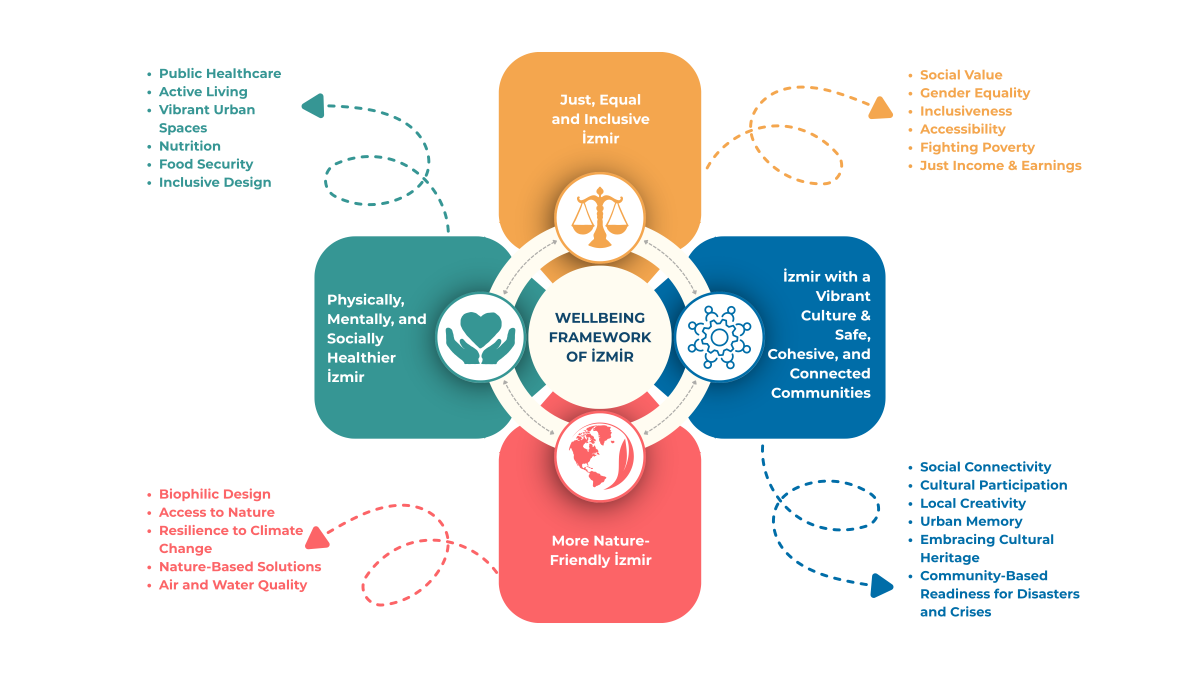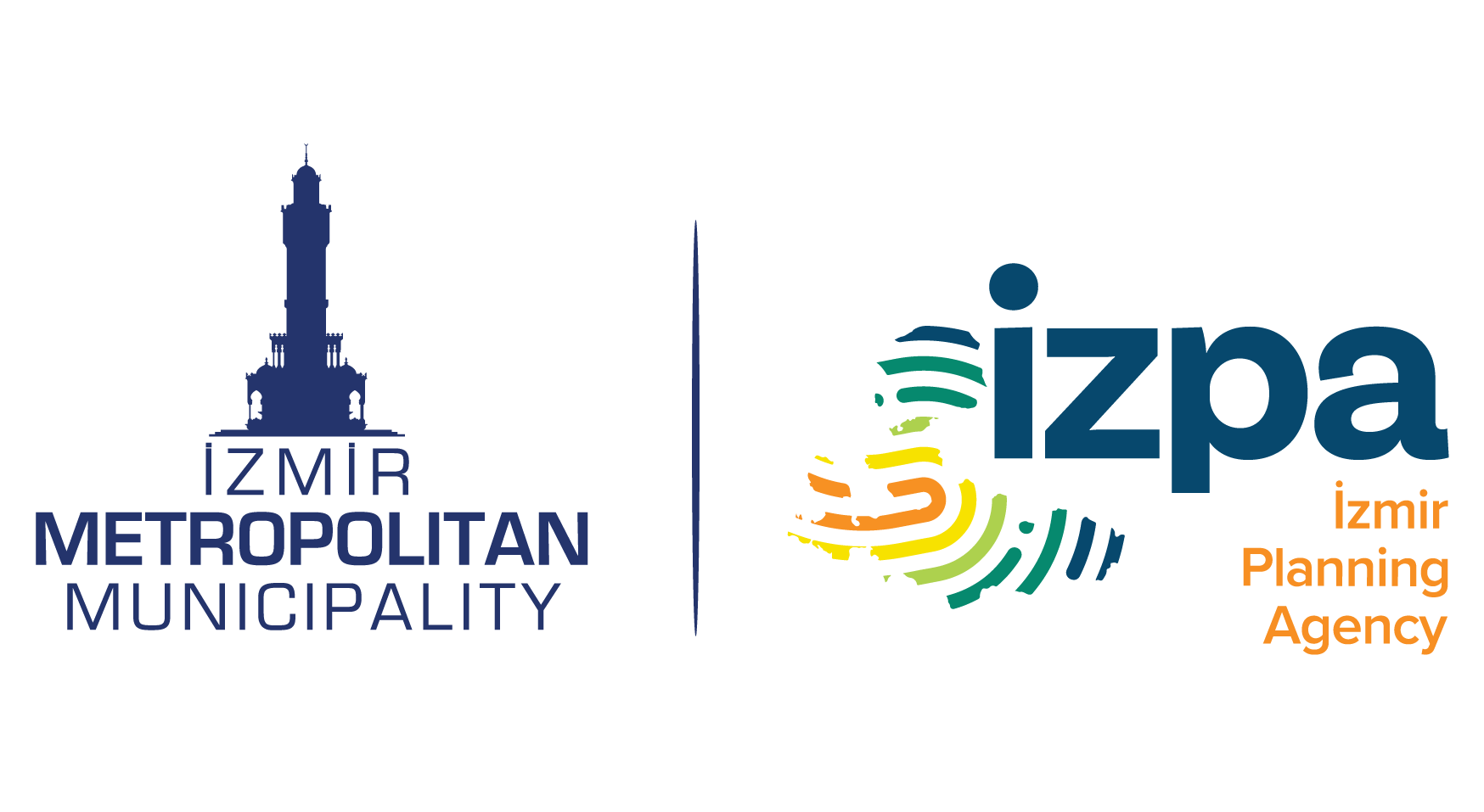WELL-BEING
Well-being is about ensuring that individuals, communities and nature as a whole have the opportunity to flourish. It means that all people can thrive in harmony with the natural environment and enjoy a good life. This broad definition of well-being involves not only subjective improvement in people's living conditions, happiness and sense of meaning, but also collective improvement in a wide range of dimensions such as social cohesion, justice, inclusion and participation. In this context, the Wellbeing Economy framework offers a framework that emphasizes human health, happiness and wellness over unlimited growth, while not transgressing planetary boundaries. Moreover, it revolves in the fact that Gross Domestic Product (GDP), a single digit, cannot accurately tell whether life is improving, where deprivations are, or who is being left behind. Rather than treating economic growth as an end in itself and pursuing it at all costs, the Wellbeing Economy puts human and planetary needs at the center of its activities and aims to meet all of these needs equally as basic needs.
In the Wellbeing Economy, local governments adopt a participatory approach to policy-making and prioritize long-term results and adapt inclusive solutions to ensure well-being for all and to be more proactive and resilient in the current era of polycrisis. A Wellbeing Economy policy requires a shift in the policies that have been, or will be, implemented, and this must start with identifying the dimensions by which well-being of İzmir can be assessed. This is because, moving beyond treating GDP alone as the main indicator of progress, new metrics need to be developed to assess well-being. In this context, as İZPA, we consider Wellbeing Framework of İzmir in four dimensions (Figure 1).

This vision for İzmir goes beyond the conventional understanding of development and is based on the collective well-being of people, society and nature. This framework sets out the areas in which İzmir wants to have a holistic impact in shaping its future.
Under the dimension “Just, Equal and Inclusive İzmir”, it is emphasized that local governments should play an active role to ensure that individuals live a rights-based life and have equal access to opportunities. It is aimed at strengthening the sense of belonging of residents through the protection of social values and inclusion of diversity.
“Physically, Mentally and Socially Healthier İzmir” dimension defines public health not only in terms of individual medical indicators but also social determinants such as the quality of the living environment and nutrition. Topics such as active living spaces, inclusive design principles and food safety are a reflection of a well-being framework that treats health as a public responsibility.
The dimension of “İzmir with a Vibrant Culture and Safe, Cohesive and Connected Communities” focuses on a range of issues, from strengthening community relations and supporting local creativity to community-based readiness for natural or climate crisis-induced disasters. This dimension emphasizes not only the individual but also the collective well-being of people, and aims to preserve urban memory, increase cultural participation, and build belonging and community trust.
In the dimension of “More Nature-Friendly İzmir”, ecological integrity and living in harmony with nature are prioritized. Domains such as biophilic design, nature-based solutions, rewilding, air and water quality not only improve ecosystem health, but also contribute to protecting the mental and physical health of people and the integrity of life of other beings. Creating a climate-resilient city is not only an environmental issue, but also a priority related to social justice and long-term quality of life.
Overall, the framework aims to make İzmir not just a livable city, but a city that can be lived well together. Each dimension underlines the need for multidimensional and simultaneous interventions in their respective domains in line with the core principles of the Wellbeing Economy approach. This framework is an expression of a vision with a more meaningful, just and sustainable future for decision-makers, residents and all other entities.
